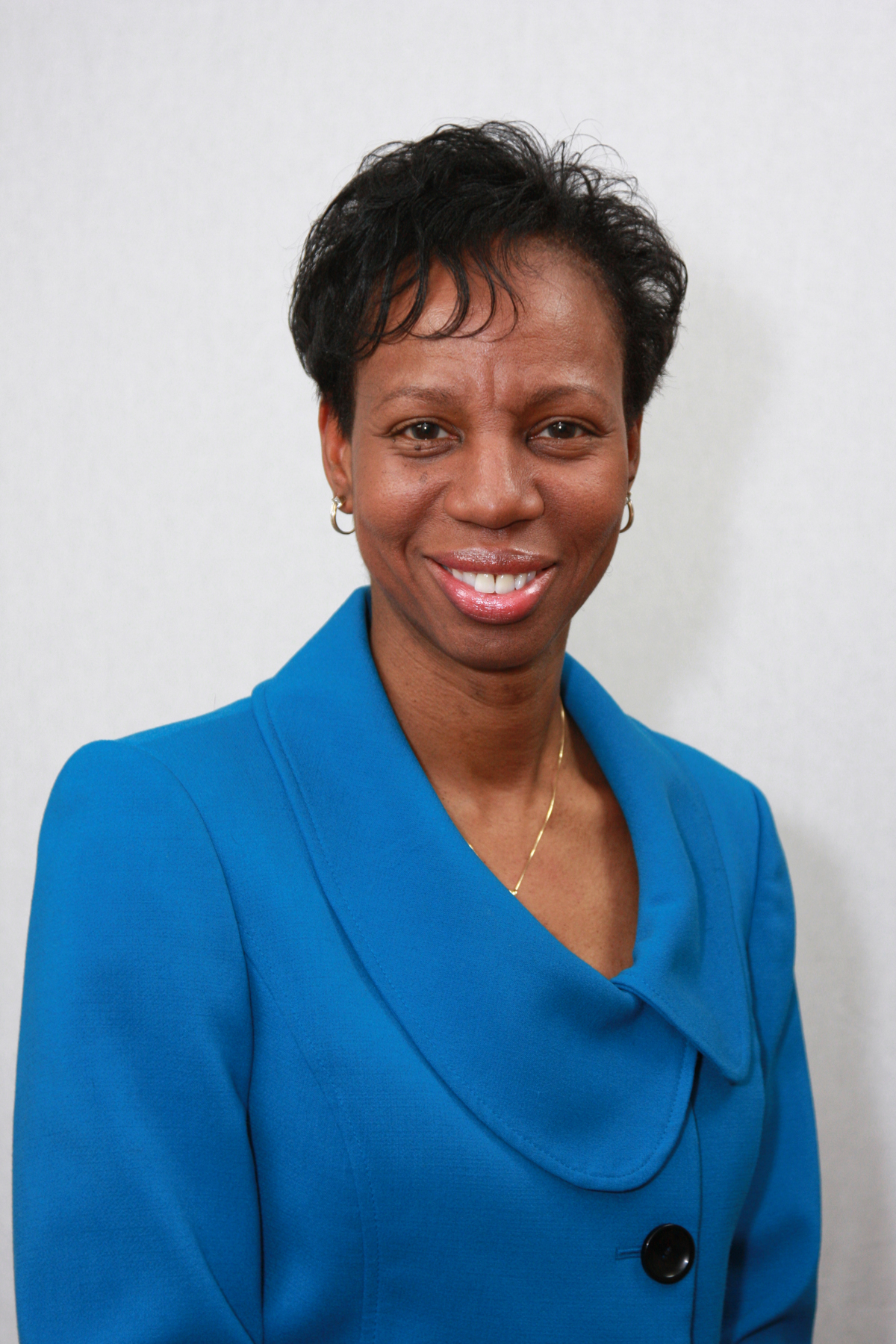Clergy Housing Allowance Current Court Challenge
By Cynthia Gordon-Floyd, Contributing Writer
Oral arguments are currently being heard in the US Court of Appeals for the Seventh Circuit in Chicago on both sides of the challenge to the clergy housing allowance. The clergy housing allowance originated from the provision in the Tax Code (Section 107(2)) established in 1954, to allow ministers who do not live in a parsonage to receive an annual housing allowance from their church. In 2017, a federal district judge in Wisconsin ruled the allowance to be an unconstitutional preference for religion. The appeals process to this ruling began on October 22, 2018.
If the 2017 decision is upheld, it would immediately affect ministers in Illinois, Indiana, and Wisconsin. This ruling could possibly also stand nationwide because it would trigger an appeal from the federal government, who is responsible for defending the Internal Revenue Service (IRS). It is estimated that clergy currently receive an annual tax benefit estimated to be worth nearly $1 billion.
The attorneys representing the IRS, and the intervening clergy, argue that history supports the constitutionality of Section 107(2) based on previous cases which established a standard. Their arguments are based on three basic premises. First, tax exemptions for parsonages have been a part of the law prior to the country’s founding. Having been kept in place as a standard indicates that historical understandings and practices establish Section 107(2) as valid andconstitutional.
Second, the IRS has current tax rules that relate to employment-related housing. The attorney for the defendants, Jesse Panuccio, said, “The Tax Code has numerous such provisions, each with slightly different requirements, but all united by a general theme of exempting the value of housing that is highly associated withwork.”
Third, it is also argued that Section 107(2) creates less entanglement betweengovernment and churches. If Section 107(2) did not exist, as clergy requested exemptions for housing based on other areas of the tax code that provides exemptions for employer-related housing, the IRS would then be tasked with determining if a minister actually qualified for the exemption. This would involve the IRS inquiring into the religious use of the minister’s home, which would be veryintrusive.
As we continue to follow this case closely in the US Appeals Court of the Seventh Circuit, we should continue to apply the current tax code provisions supporting the clergy housing allowance. Let us also pray for God’s will to be done.
Cynthia Gordon-Floyd is a certified public accountant and founder of Willing Steward Ministries, LLC. Willing Steward Ministries (http://www.willingsteward.com) is a financial consulting and accounting firm for churches and other faith-based non-profits, specializing in Bible-focused financial practices, pastoral compensation issues, IRS compliance, and other financial needs specific to churches. Cynthia is a graduate of Lake Forest College and received her Master of Business Administration degree in Accounting from DePaul University. She is a steward and the financial secretary at the First AME Church of Manassas in Manassas, Virginia.





